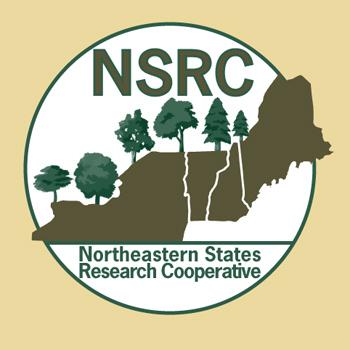Building Stewardship Capacity: Protecting the Brown Ash of the Northern Forest

Emerald ash borer (EAB) has significant economic, ecological, and cultural impacts on ash trees. Brown ash is the principal material used in production of baskets by Native American artisans across the Northern Forest region. The practice is deeply rooted in the cultural identities of the region's Tribal Nations and Indigenous communities. Through partnerships and collaborations with Tribal Nations, indigenous communities, and ash resource stakeholders, NSRC researchers will enhance outreach efforts to inform research on increasing resiliency of ash to EAB. They will establish study sites to test adaptive management strategies for brown ash forests.
Researchers will coordinate public outreach in Tribal communities and present members with possible adaptive management options, outcomes, and knowledge gaps and will lead focus group discussions. Outcomes will help researchers to design the study of forest adaptive management strategies and will ensure the trials align with priorities of Tribal partners. Researchers will conduct management trials at six study sites in northern and central Maine and will monitor sites pre- and post-treatment for EAB impacts and infestation levels and for patterns of forest regeneration and development. Researchers will analyze the overall efficacy of the adaptive management strategies at slowing the spread of EAB and promoting ash regeneration.
Results will help to create guidelines and recommendations for how to best increase resiliency of the region’s ash resource. Researchers will create management guides and informational sheets for Tribal Nations, private landowners, foresters, and loggers. These outreach materials will address misconceptions and knowledge gaps regarding ash best management practices and its cultural significance to the region’s Indigenous Peoples.
